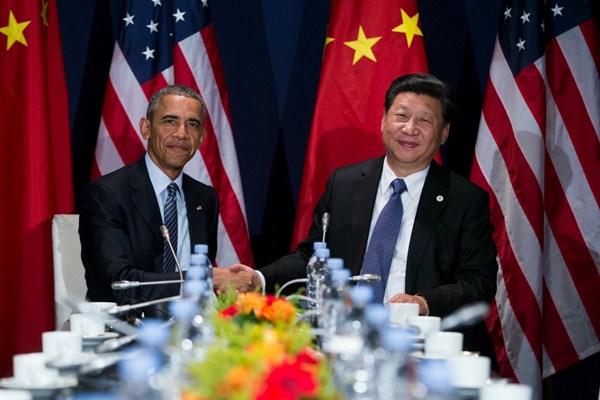Given global headlines, you might think the world is terribly off course. Geopolitical rivalry threatens stability from Eastern Europe to the South China Sea. Jihadi terrorists sow mayhem throughout the Middle East. A scary virus emerges in Latin America, spreading across borders. A Brazilian president is brought down, as the Panama Papers expose corruption in other lands. Publics everywhere, alienated by yawning inequality and anemic growth, vent their frustration at a system rigged for moneyed elites. Populist politicians, sensing the sour mood, promise to reverse globalization by building walls to keep out foreigners and abandoning trade agreements.
This noisy, negative narrative isn’t all wrong. But the drumbeat of decay and despair has drowned out more positive developments. In fact, the international community has recorded impressive gains against some of the world’s most difficult problems, from climate change to nuclear nonproliferation.
Today, the Council of Councils, a global network of 26 think tanks, releases its second annual report card on international cooperation. The assessment is surprisingly upbeat. Asked to evaluate the world’s performance across 10 major global challenges, leading international experts awarded the multilateral system an overall grade of B. That’s up an entire letter grade from last year’s “gentleman’s C.” While marks varied across the 10 issue areas, in virtually every case the grades were higher than a year before. The most impressive gains occurred in multilateral efforts to mitigate climate change, reduce nuclear proliferation, promote global trade, advance global development, and improve international health.

